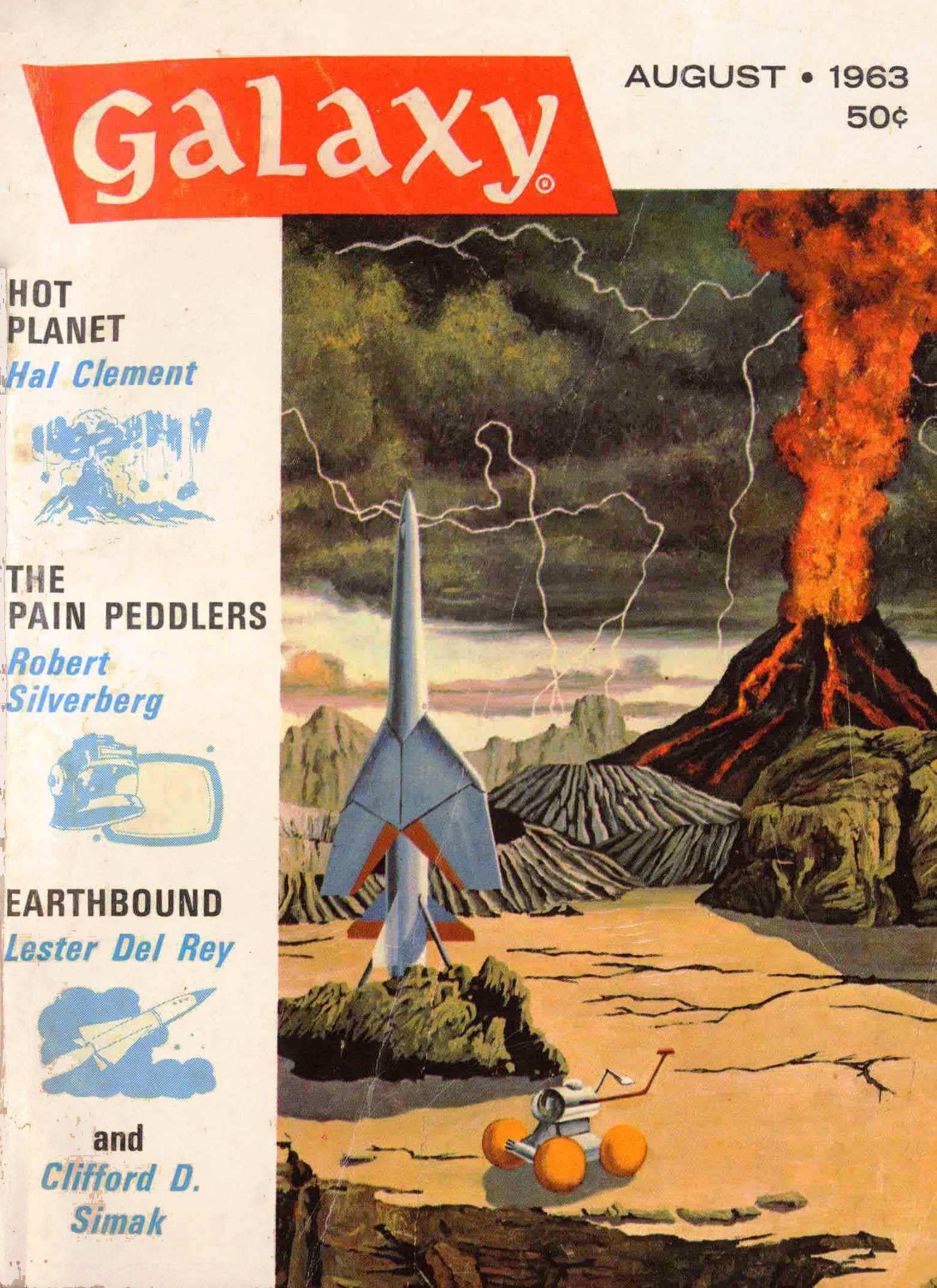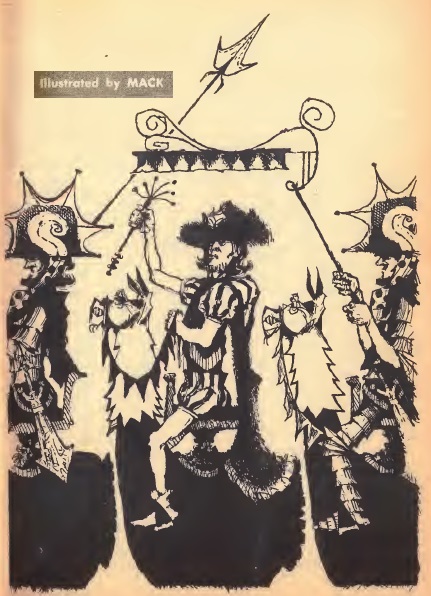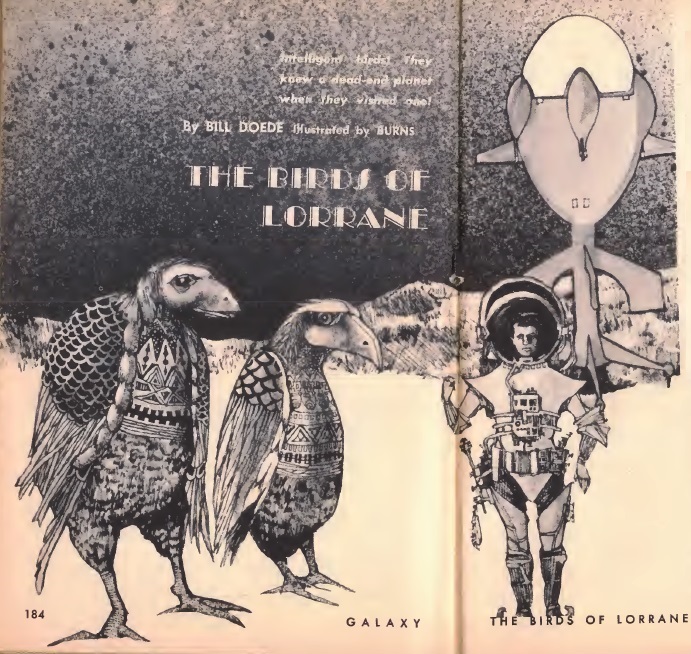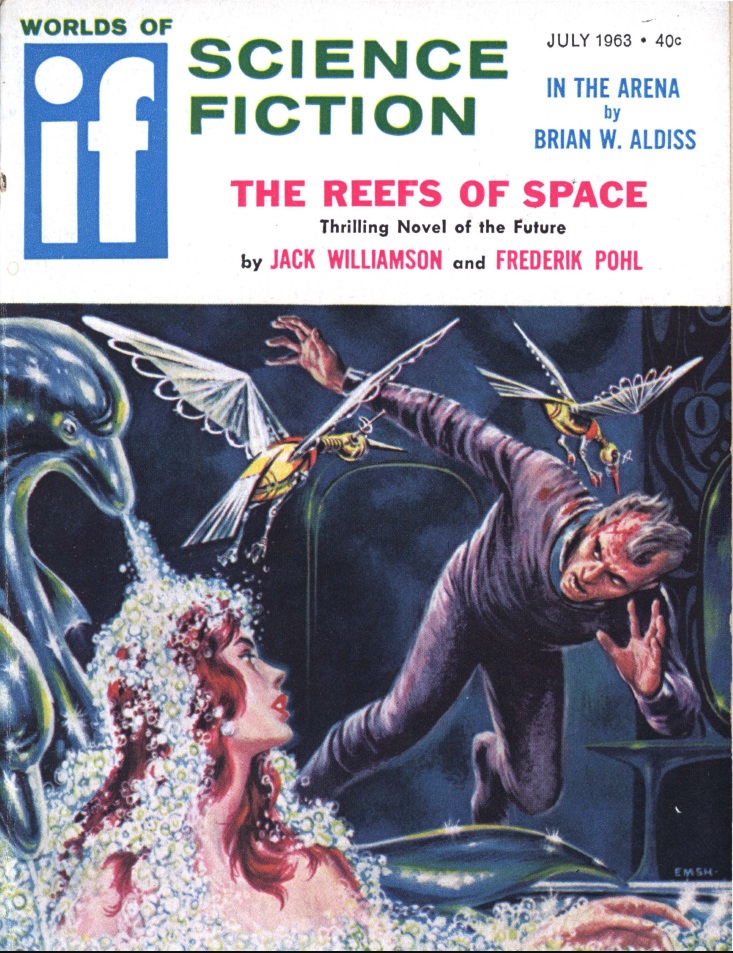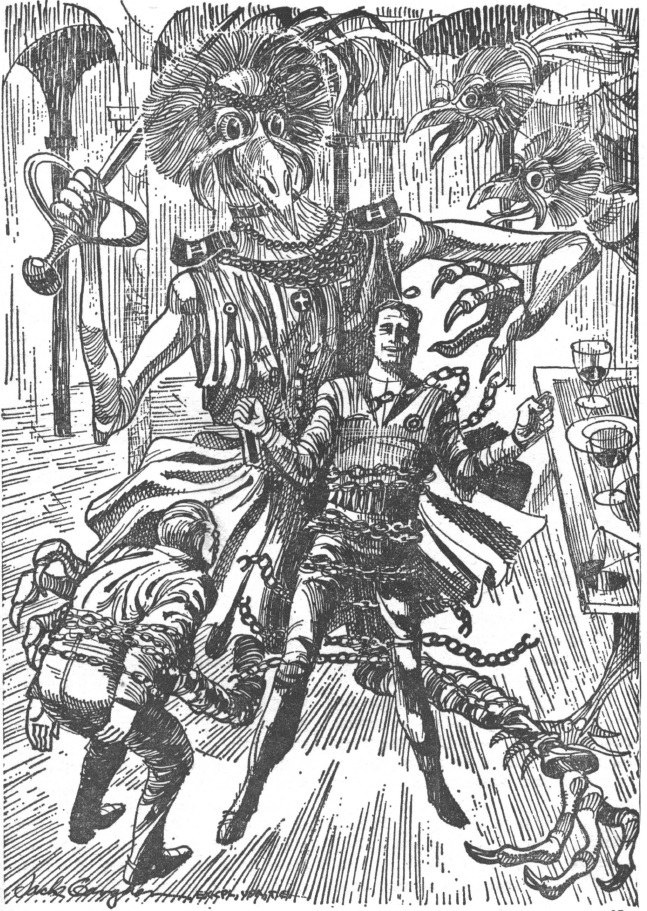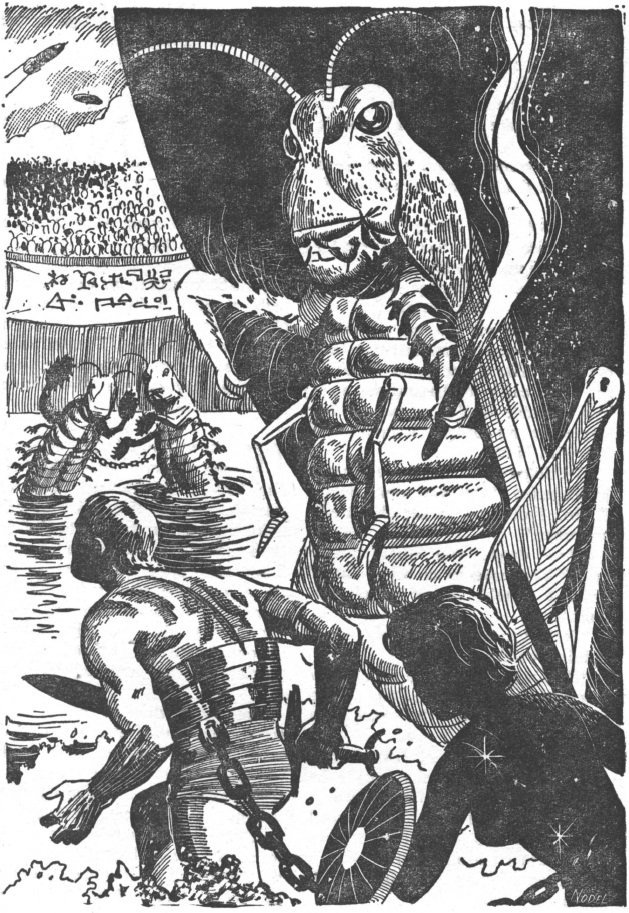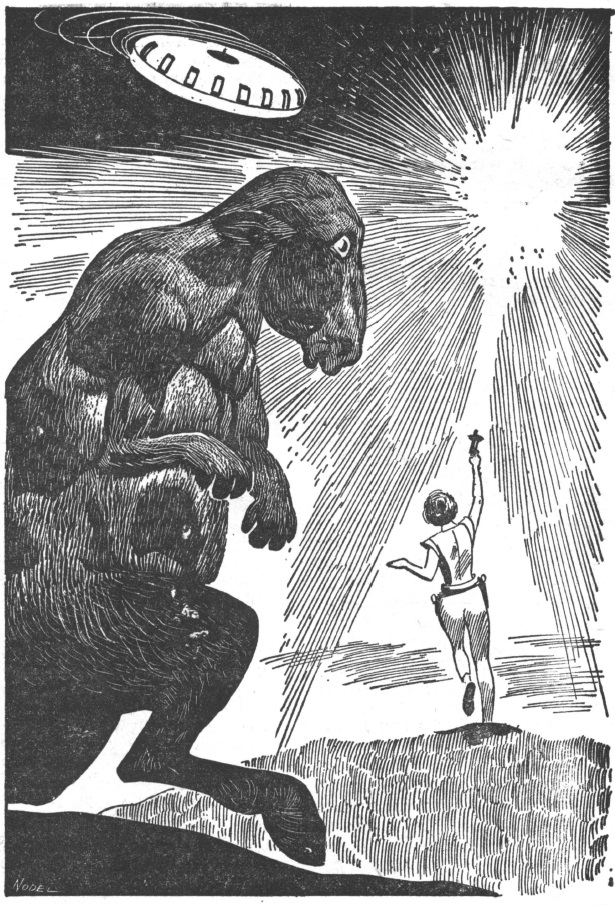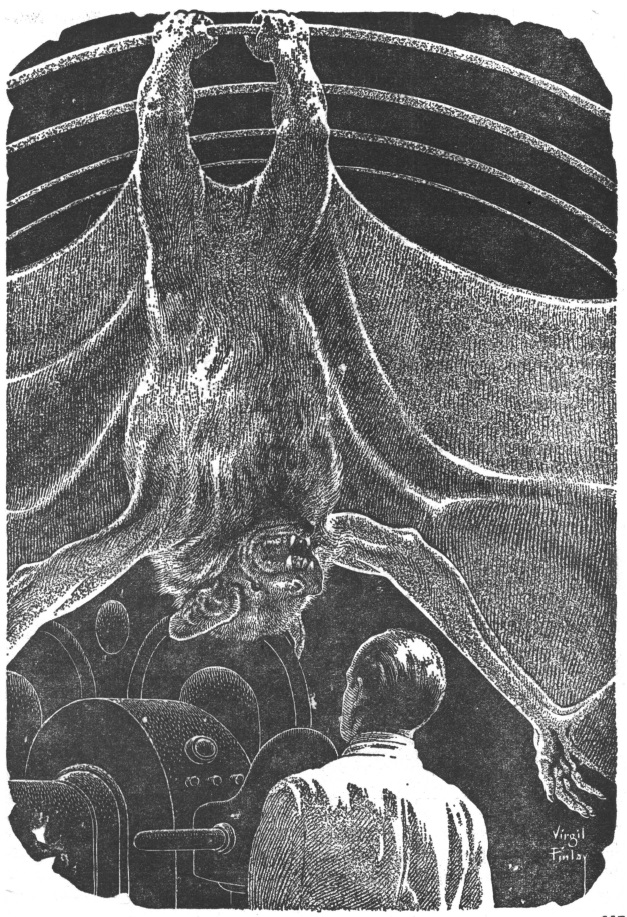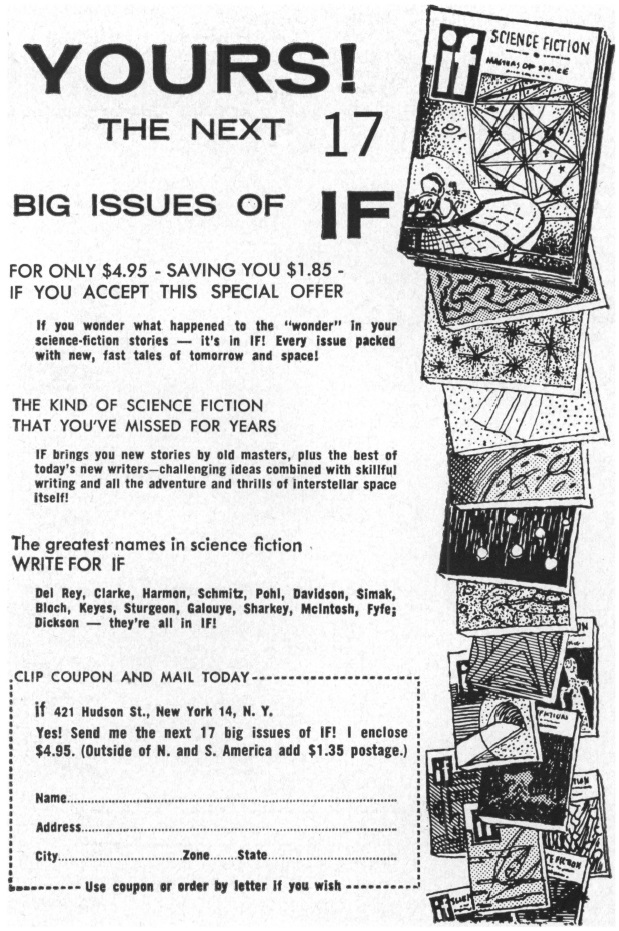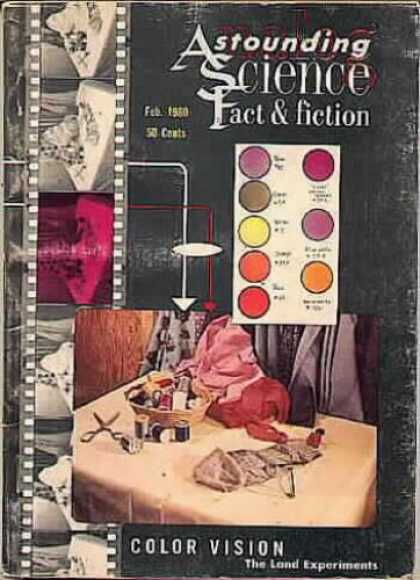
by Gideon Marcus
Science fiction is a hard business to make it in. Back in the early '50s, during the post-war revival, there were some 40+ monthly magazines authors could send stories to. It was pretty easy to get published back then although the quality was often…shall we say…indifferent. By the end of the decade, with the fall of the largest magazine distributor and the public getting, perhaps, more discerning, there were just six mags and sff book publication was pretty slow, too.
A lot of authors left the genre to try their luck in the mainstream world. That's why we lost Bob Sheckley, Ted Sturgeon, and Philip K. Dick for a while. But times are tough in the real world, too. Plus, of late, sff seems to be picking up again: IF is going monthly, we've got a couple of new mags in Worlds of Tomorrow and Gamma, books are coming out at an increasing rate. And so Dick is back in force, and others who have left the field are nosing their way back in.
Robert Silverberg is another one of the authors who wrote sff like the dickens back in the '50s and then disappeared. He's still writing and writing and writing, but most of his stuff doesn't end up on our favorite shelves or in our favorite magazines.
But sometimes…
In fact, in just the last three months, two Silverberg science fiction books have hit my to-review pile. And since Silverberg writes the "Spectroscope" book review column for Amazing, it is apt that this edition of the Journey's book review column, the "Galactoscope", be Silverberg-centered.

The New York World's Fair has captured the hearts and minds of America this spring, an exposition of modern technologies, wild speculations on the future, and cultural displays from all over the globe. Silverberg's latest adult science fiction novel, Regan's Planet, is billed as "The wild and wacky novel of the next World's Fair." As it turns out, this is a bit of false advertising.
It is the end of the 1980s, and corporations are virtually states unto themselves, and the CEO of a sprawling enterprise wields more power than even the President of the United States. Our protagonist is Claude Regan, head of Global Factors, one of the world's great corporate conglomerates. At the ripe old age of 35, Regan is bored with success. Like Alexander, he weeps for a lack of worlds to conquer.
Thus, he conceives a brand new kind of World's Fair, one to take place on the quincentennial of Columbus' first landing in the New World, one that will establish a permanent foothold for humanity in the next frontier.
Yes, he wants to hold the event in space.
Most of the slim book's 140 pages features the organization and funding of the event. There's not much wild about it and certainly no wackiness. In fact, the whole thing reads like an account of a fairly normal, if grandiose, business venture.
And though Regan's Planet is putatively science fiction, it's really sheer fantasy. Silverberg posits that we'll have colonies on Mars in just a couple of decades, and that a the cost of sending dozens of Saturn-class rockets into orbit to build an Expo satellite (not to mention the dozens more rockets required to stock it and send attendees) is a significant but not overly expensive endeavor.
The premise doesn't work in a lot of ways. Firstly, I don't know if Bob reads Aviation Weekly, but I do, and I know what NASA's budget is. There's no way spaceflight is going to be as cheap as he thinks it is, not in less than thirty years. Moreover, if space is that cheap, then there should be lots of satellites already in space, whereas Regan's Planet suggests that the Expo is the first, and it is being built precisely as a vanguard space settlement.
On a personal note, I was turned off by the inclusion of precisely one (1) female character in the story (out of a dozen or so), Regan's conniver wife. In this future, men still rule, and women are graspers and not even good marital partners. Also, you may be unable to stomach the way that Regan ultimately gets the Fair to be an unqualified success (to be fair, Regan himself isn't able to, either).
All that said, I've seen flashes of brilliance when Bob applies himself, and even when he doesn't, he still puts out workmanlike stuff. The book does move along pretty well, and I had no trouble finishing it. Silverberg himself has described this book as "a minor work". Perhaps he spent a week cranking the thing out; thanks very much for the paycheck, on to the next "under the counter" book.
Two and a half stars.

In the late 20th Century, a mysterious galactic cloud obscured the sun. Not entirely, but enough to send the Earth into another Ice Age. The tropics became temperate, and the temperate zones became glaciated. The population of the United States, Europe, the Soviet Union, and China, rushed southward only to be rebuffed by the emerging world, offering the industrialized nations a taste of their own anti-immigrant medicine. And so the northerners either crowded into their barely inhabitable southern zones, or they established nuclear-powered underground cities, designed to be self-sufficient and protected by a mile of glacier ice.
Now, 300 years later, there are signs that the world's deep freeze is about to end, and a group of subterranean New Yorkers becomes curious about the half-forgotten world above. After being cast out of the city by a paranoid oligarchy for making radio contact with underground London, nine men decide to undertake the trek to Europe. Their goal: to see what civilization remains after three centuries of cold.
Time is a journey story, clearly written for a younger audience. Along the way, we meet all manner of surface-dwellers, from illiterate hunters to half-savage bandits to civilized ice-dwellers. There are exciting scenes of battle, of blizzard, of death. In this book, we don't get a single woman, but I suppose no female characters is better than an unflattering single example.
Again, I don't know if Silverberg put a great deal of energy into this book, but Bob writes like breathing, and there's a sort of a Time-Life The Poles feeling of realism about Time. A kid (or kid-like adult, like me) will likely enjoy this combination of the Arctic expedition and post-apocalyptic genres.
Three and a half stars.

[Come join us at Portal 55, Galactic Journey's real-time lounge! Talk about your favorite SFF, chat with the Traveler and co., relax, sit a spell…]

![[May 26, 1964] Stag Party (Silverberg's <i>Regan's Planet</i> and <i>Time of the Great Freeze</i>)](https://galacticjourney.org/wp-content/uploads/2019/05/640526books-672x372.jpg)

![[March 13, 1964] NOTHING MUCH TO SAY (the April 1964 <i>Amazing</i>)](https://galacticjourney.org/wp-content/uploads/2019/03/640313cover-672x372.jpg)

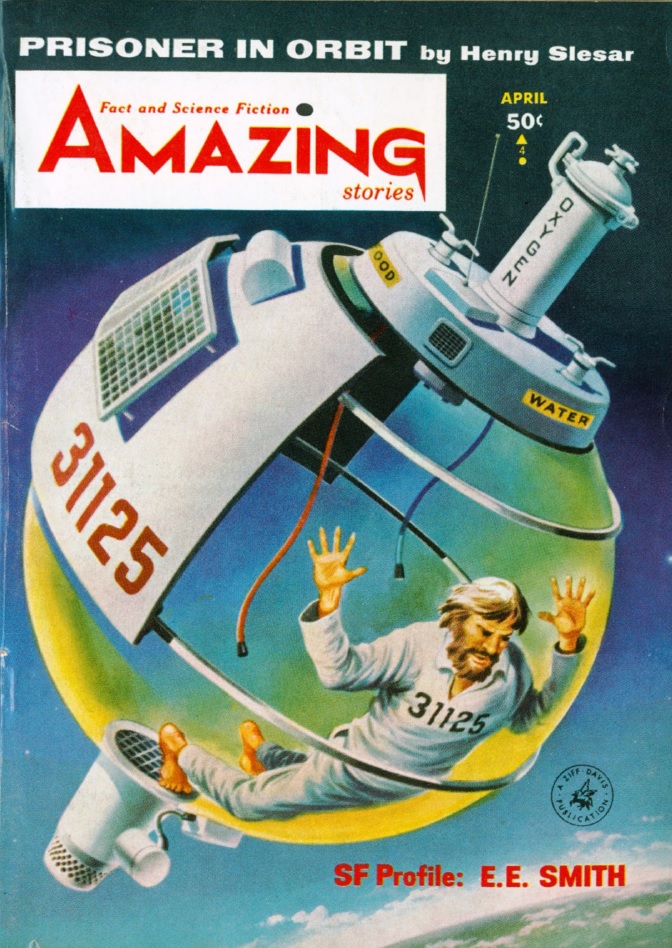
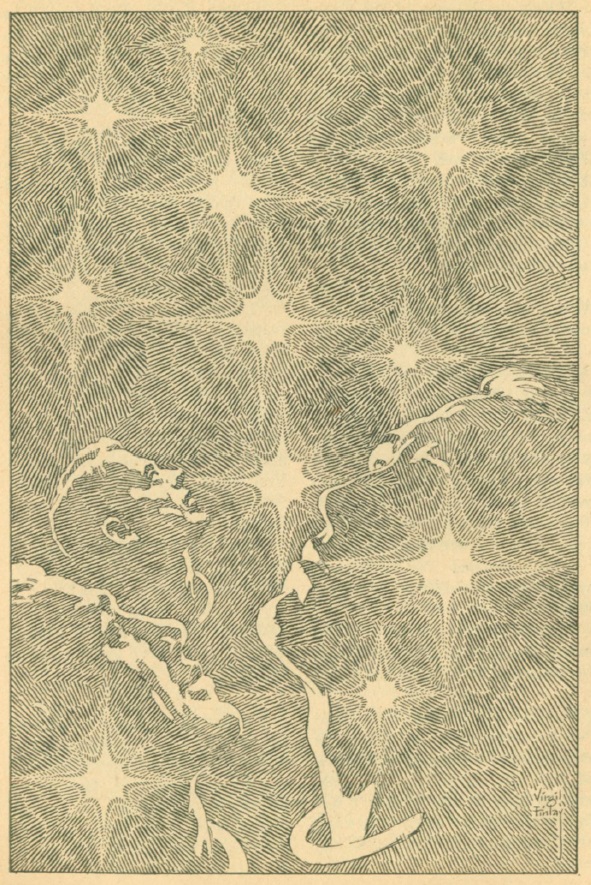
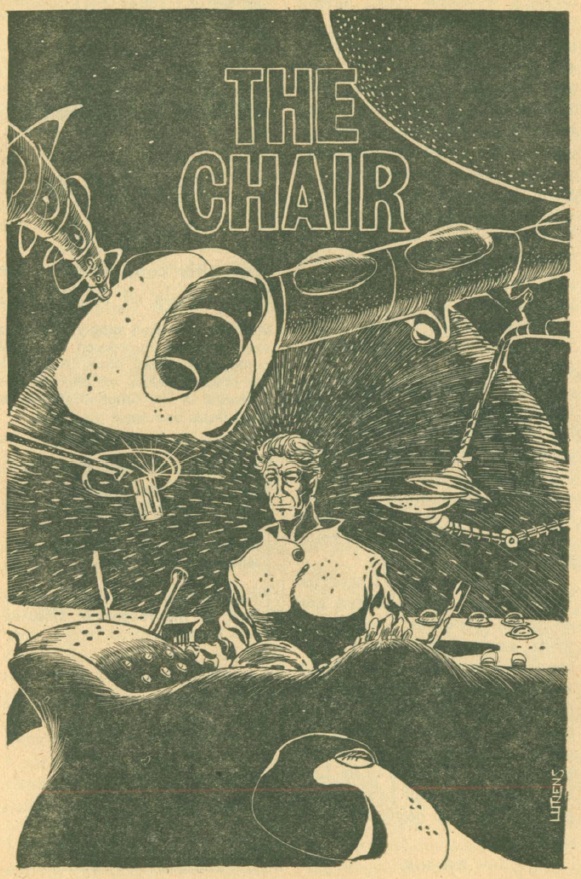
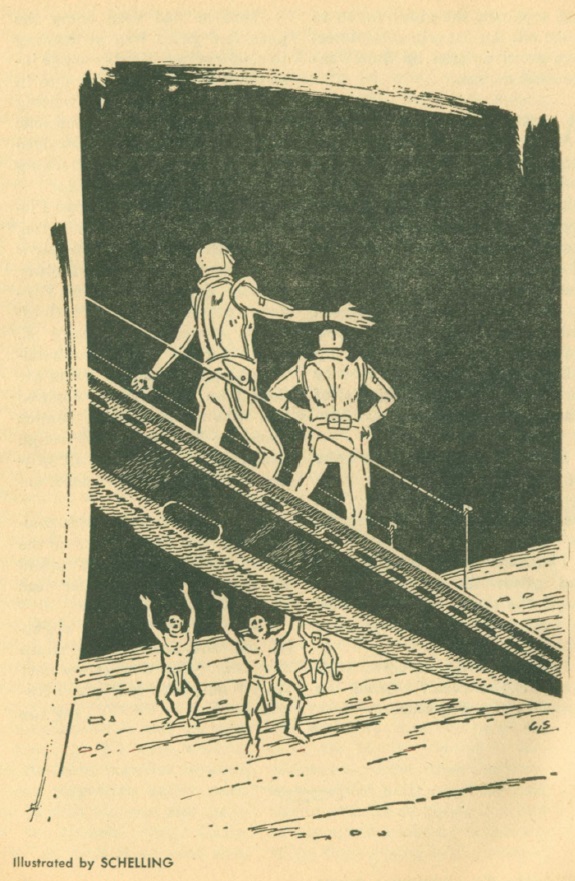
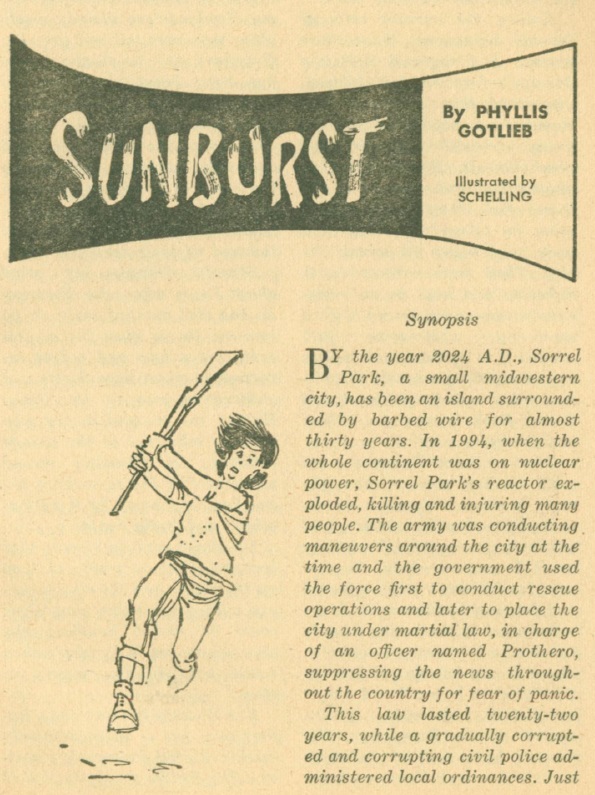
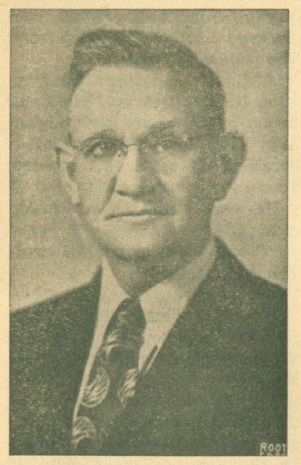
![[January 4, 1964] Something borrowed, something blue (Ace Double F-253)](https://galacticjourney.org/wp-content/uploads/2018/12/640106f253-1-672x372.jpg)




